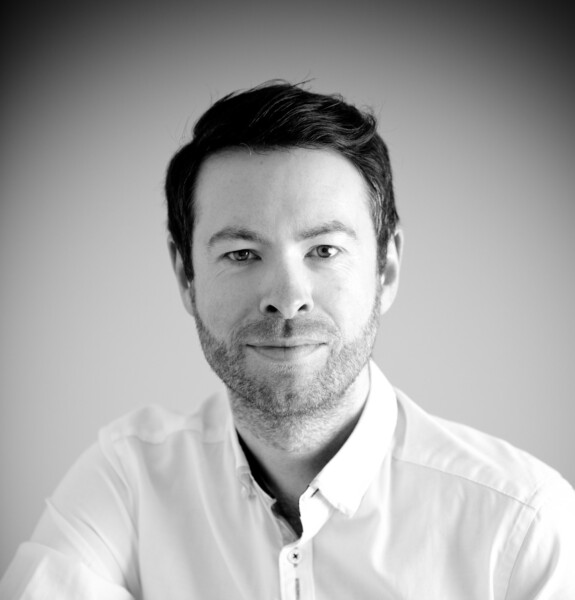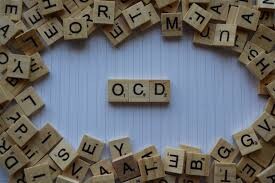
What is OCD?
Obsessive-Compulsive Disorder (OCD) is a significant mental health condition in Ireland, affecting approximately 2% to 3% of the population. It is characterised by persistent, intrusive thoughts (obsessions) and repetitive behaviours or mental rituals (compulsions) performed to alleviate anxiety. These obsessions often involve fears of contamination, harm, symmetry, or unwanted aggressive or taboo thoughts. In response, individuals may engage in compulsions such as excessive handwashing, checking, counting, or seeking reassurance. While these behaviours temporarily reduce distress, they reinforce the obsessive cycle, making the condition increasingly difficult to control. OCD can be time-consuming, emotionally exhausting, and disruptive to daily life, affecting relationships, work, and overall well-being. Despite its challenges, effective treatments like cognitive-behavioural therapy (CBT) and medication can help individuals manage symptoms and regain control.
This prevalence suggests that up to 150,000 individuals in the country may experience OCD during their lifetime. The disorder often manifests in adolescence or early adulthood and is characterized by persistent, intrusive thoughts (obsessions) and repetitive behaviours or mental acts (compulsions) performed to alleviate distress. Despite its prevalence, OCD is frequently underdiagnosed and undertreated. Research indicates that individuals with OCD may consult multiple healthcare professionals and spend an average of 10 years seeking help before receiving an accurate diagnosis.
This delay is attributed to factors such as the secretive nature of the condition, feelings of embarrassment, and a lack of awareness among healthcare providers. In Ireland, the availability of specialists in OCD is limited compared to other European countries, leading to longer waiting times for appropriate treatment.
Comorbid conditions are common, with studies showing that 50% to 60% of individuals with OCD also experience depression.
Given the substantial impact of OCD on quality of life, it is crucial to improve awareness, diagnosis, and access to effective treatments within the Irish healthcare system.
My Journey with OCD: Recognising the Signs
For years as a young adolescent and emerging adult, I didn’t realise that the habits I felt compelled to follow were actually signs of OCD. I thought they were just part of my routine—quirks that helped me feel more in control. But looking back, I can now see how much they were driven by anxiety.
I felt a strong compulsion to touch my shoulder, jaw, and forehead in the same specific sequence, as if doing so would ease the overwhelming sense of discomfort that would build up if I didn’t. When walking through certain spaces, I couldn’t just pass through doorways—I had to jump across them in a particular way. Stairs had their own set of rules, too; I had to lead with a specific leg, or it felt completely wrong. Even my academic work had to be completed in an exact, structured manner—any deviation triggered intense anxiety that I couldn’t ignore.
At the time, I didn’t connect these behaviours to OCD. I just knew that not following them made me incredibly uneasy. The rituals weren’t about preference or habit; they were about reducing a high level of anxiety that disrupted everyday life.
Since OCD had been such a significant part of my life I went on to do undergraduate research into the prevalence of intrusive thoughts in people and later my postgraduate research focused on obsessive-compulsive personality traits such as perfectionism and rigidity of thought.
How This Realisation Helps Me Support My Clients
Now, understanding my own OCD experience allows me to better support others who might be struggling in similar ways:
• Empathy and Understanding: OCD isn’t just about cleanliness or organisation—it’s a complex disorder that manifests in many ways. I understand how exhausting and isolating it can feel to be caught in these patterns.
• Breaking the Stigma: Many people assume OCD has to look a certain way, which can make those with lesser-known compulsions feel misunderstood. I share my story to show that OCD can involve physical rituals, movement patterns, and mental processes that aren’t always obvious to others.
• Practical Coping Strategies: Having worked through my own challenges, I offer both personal insight and evidence-based techniques, such as Cognitive-Behavioural Therapy (CBT) and Exposure and Response Prevention (ERP), to help my clients regain control.
Final Thoughts
If you find yourself engaging in repetitive actions or rituals that feel necessary to keep anxiety at bay, you’re not alone. Recognising my OCD was the first step in finding relief, and I hope that by sharing my story, others might feel encouraged to take that first step too. Seeking help isn’t a sign of weakness—it’s a path toward psychological and emotional freedom.

Francis McGivern has been involved in psychology since 1996 but has a background as a carer for the elderly within the HSE. He holds an undergraduate degree in psychology from The Queen’s University of Belfast and a postgraduate Master’s degree in Applied (Counselling) psychology from The University of Ulster. He has been counselling since 2000 and was one of the youngest counselling psychologists in Ireland and the UK when qualifying in 2002. He holds chartered status with the Psychological Society of Ireland and is a full member of the division of Counselling Psychology. Francis completed a Doctorate in Psychotherapy at Dublin City University in 2014 (research entitled: ‘The Personal Impact of Uncompleted Suicide on Partners’) and has published papers on ethics in the context of psychotropic medication and psychotherapy. He published his first book Life After a Partner’s Suicide Attempt in 2021.


